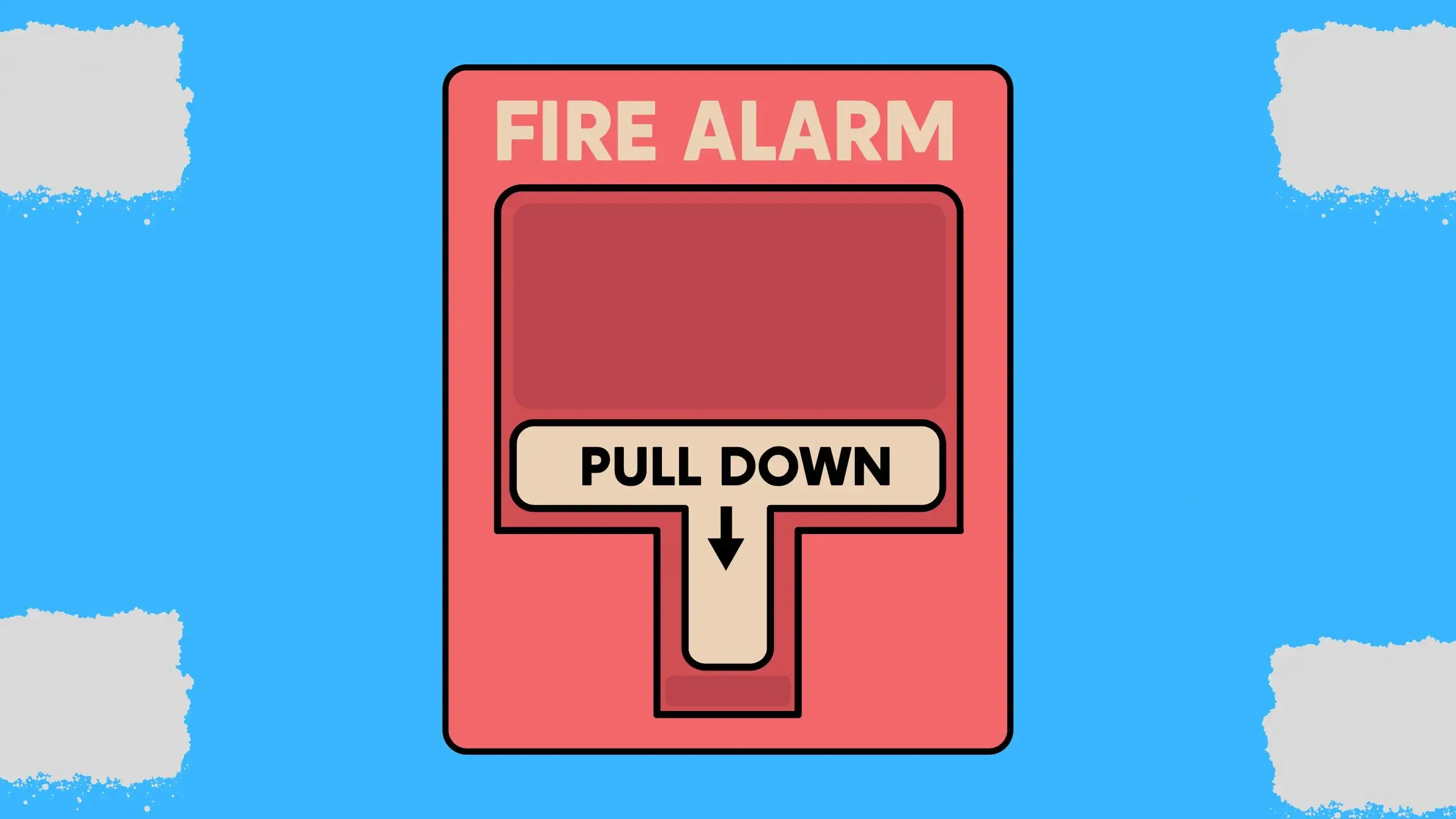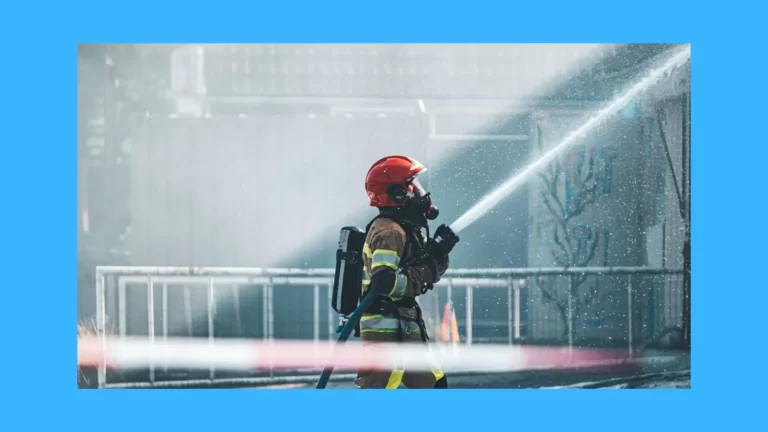Fire Alarm Systems vs. Smoke Alarms: All You Should Know
Fire doesn’t discriminate, and it can strike when least expected, turning lives and livelihoods to ashes in a matter of minutes. In Ghana, where the warmth of community and the vibrancy of businesses thrive, the threat of fire is an uninvited guest that can wreak havoc without warning.
In this article, we embark on a journey to demystify the world of fire safety systems, focusing on two essential guardians against the inferno: Smoke Detectors and Fire Alarms. We’ll delve into the core functions, and key differences, and help you make the crucial decision – which one do you need for your Ghanaian home or business? By the end of this exploration, you’ll have the knowledge to safeguard your loved ones and assets effectively, ensuring that fire remains a distant spectre rather than a devastating reality.
What Are Smoke Alarms?
The Basics of Smoke Alarms:
Smoke alarms are devices that detect smoke. They’re essential for early fire detection.
How Smoke Alarms Work:
1. Sensors: Smoke alarms have sensors that monitor the air for smoke particles.
2. Alarm: When smoke particles enter the sensor, it triggers the alarm.
3. Sound: The alarm makes a loud, distinctive sound to alert you.
Where Smoke Alarms Are Typically Used in Homes and Businesses:
Homes: Install smoke alarms in bedrooms, hallways, and near kitchen areas. For example, in a kitchen, a smoke alarm can quickly detect a cooking mishap and sound the alarm, preventing a potential fire.
Businesses: Place them in offices, corridors, and storerooms.
What is a Fire Alarm?
A fire alarm system is a networked arrangement of interconnected devices designed to detect and alert occupants to the presence of a fire or smoke within a building.
Components of a Fire Alarm System
1. Detectors: These are the frontline sensors that detect fire-related conditions. They can be of various types, including smoke detectors, heat detectors, and flame detectors.
2. Control Panel: The control panel is the brain of the system. It receives signals from detectors and activates alarms when a threat is detected.
3. Notification Devices: These devices, such as sirens, strobe lights, and voice alarms, are responsible for alerting occupants when a fire is detected.
4. Monitoring Capability: Some systems can connect to a central monitoring station or the fire department for immediate response.
Differences Between Smoke Detectors and Fire Alarms
Detection Methods: Smoke vs. Comprehensive Fire Conditions (Heat, Flames)
Smoke Detectors:
- Detect Smoke Only.
- Ideal for Early Warning in Smaller Spaces.
- Example: Installed in Bedrooms and Hallways.
Fire Alarms:
- Detect Smoke, Heat, or Flames.
- Monitor Diverse Fire Signs.
- Example: Used in Large Buildings, Offices, and Warehouses.
Coverage and Scope: Localized vs. Building-Wide
Smoke Detectors:
- Cover Limited Areas.
- Alert Only in Their Vicinity.
- Example: Limited to Single Rooms.
Fire Alarms:
- Cover Entire Buildings.
- Notify Across the Whole Premises.
- Example: Safeguarding Multistory Structures.
Integration and Monitoring Capabilities
Smoke Detectors:
- Standalone Devices.
- Emit Audible Alerts Locally.
- Example: Alarms Sound in the Kitchen.
Fire Alarms:
- Networked Systems.
- Connect to Central Monitoring.
- Example: Dispatch Alerts to the Fire Department.
Which One Do I Need?
Residential:
In homes, smoke detectors are usually sufficient. They quickly detect smoke, alerting you to potential fire dangers within a specific area.
Commercial:
Businesses and larger properties often require more comprehensive protection. Fire alarm systems are designed to cover extensive areas, making them suitable for commercial spaces.
If you need the right fire safety equipment for any purpose, kindly consider buying the Neffgo brand. You can find our list of distributors by clicking here.






